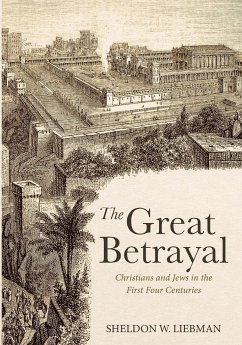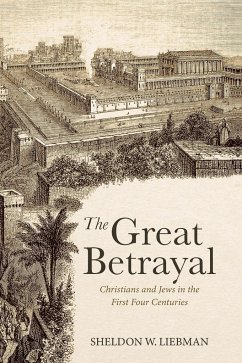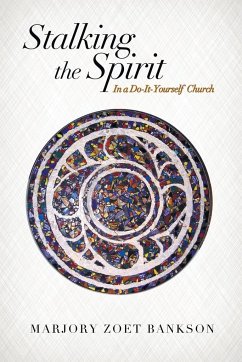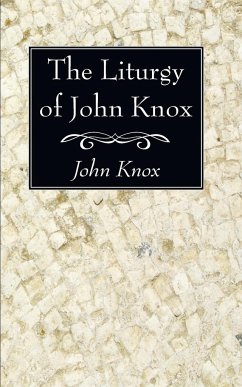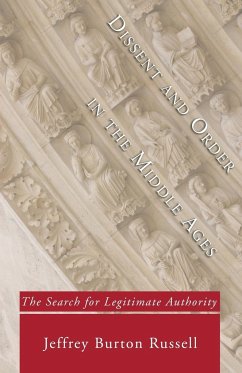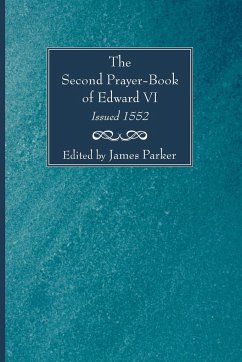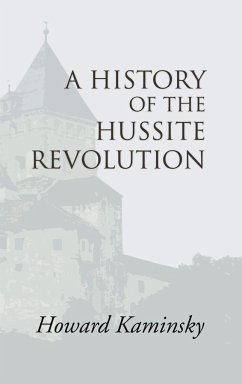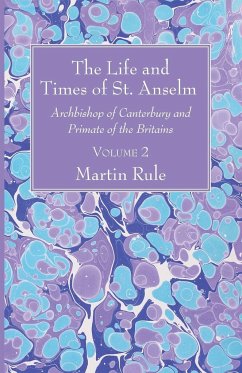In the view of many contemporary scholars, both Jesus and Judaism have been misrepresented by the church for the past two thousand years. Their main point is that Judaism was not a superficial, rigid, and outdated religion, and Jesus did not reject it. In fact, along with his disciples, he remained a Law-abiding Jew his entire life. However, as Christianity developed from a Jewish sect in the first century AD to the official religion of the Roman Empire in the fourth century, the church was transformed, Jesus was redefined, and both Jews and their religion were repudiated and marginalized. In short, both Christians and Jews were deeply affected by what many scholars now call the de-Judaization of Jesus. This book is an attempt to correct the traditional theological and scholarly misinterpretations of Jesus and Judaism that emerged over the first four centuries of the life of the church.
Hinweis: Dieser Artikel kann nur an eine deutsche Lieferadresse ausgeliefert werden.
Hinweis: Dieser Artikel kann nur an eine deutsche Lieferadresse ausgeliefert werden.

